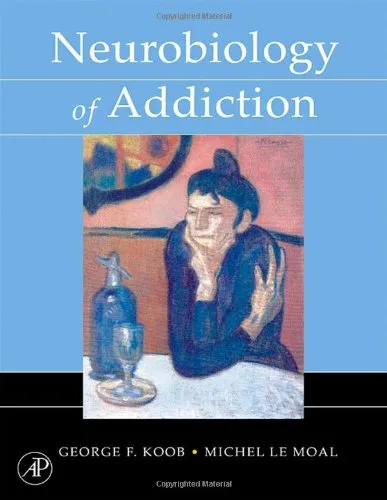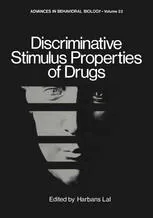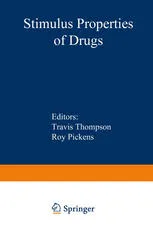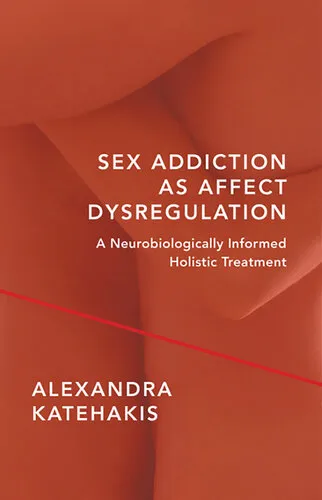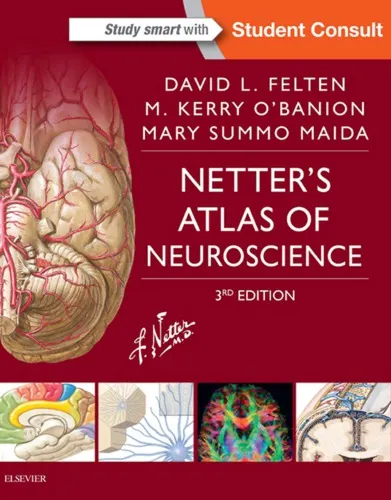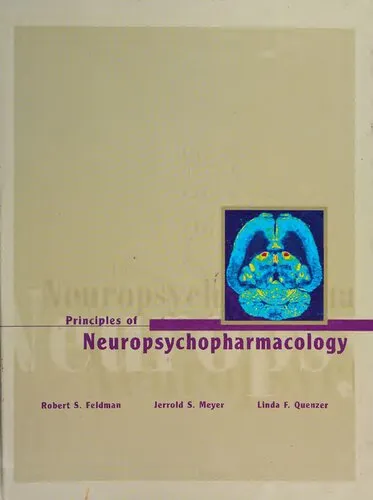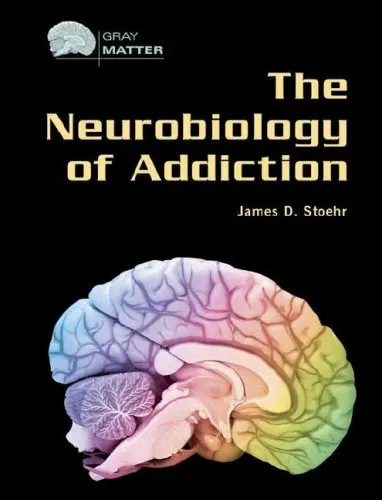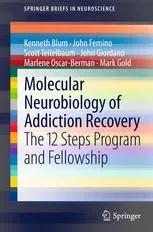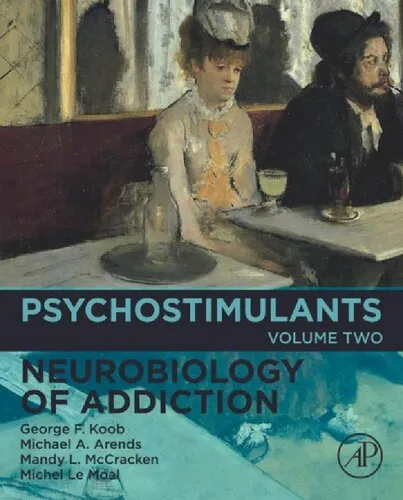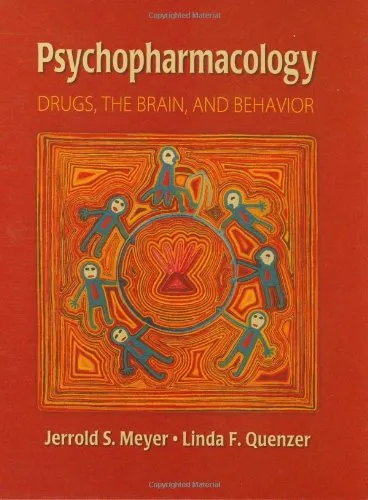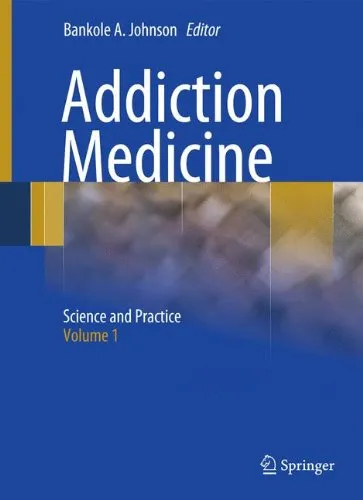Neurobiology of Addiction
4.5
Reviews from our users

You Can Ask your questions from this book's AI after Login
Each download or ask from book AI costs 2 points. To earn more free points, please visit the Points Guide Page and complete some valuable actions.Related Refrences:
Introduction to the Neurobiology of Addiction
Addiction remains one of the most pressing challenges in society, a complex and multifaceted condition that affects individuals, families, and communities. "Neurobiology of Addiction", authored by George F. Koob and Michel Le Moal, delves into the intricate biological processes that underlie addictive behaviors. Combining decades of research in neuroscience, psychology, and medicine, the book provides an in-depth exploration of the mechanisms driving addiction, the effects on the brain, and the implications for treatment strategies. As a comprehensive scientific guide, this book highlights the intersection of biology and behavior, helping readers understand why addiction is not merely a failure of willpower but a disorder embedded in brain function.
Detailed Summary of the Book
"Neurobiology of Addiction" offers a detailed discussion of the key concepts, theories, and research related to substance use disorders and the biology of compulsive behavior. The book begins by explaining the basic principles of addiction as a brain disorder, emphasizing the role of neurocircuitry and the brain's reward systems. It explores how substances such as alcohol, nicotine, and opioids hijack these systems, leading to the characteristic cycle of bingeing, withdrawal, and craving.
Each chapter dives into a specific aspect of addiction. Topics covered include the role of neurotransmitters such as dopamine and glutamate, the impact of chronic substance use on brain plasticity, and the emotional and stress-related dimensions of addiction. The authors also pay significant attention to genetic and environmental factors, providing a holistic perspective on how addiction develops. Moving beyond theory, the book examines treatment approaches, from pharmacological therapy to behavioral interventions, and discusses the potential of emerging technologies to revolutionize addiction recovery.
Grounded in both basic and clinical sciences, "Neurobiology of Addiction" serves not only as a foundational resource for neuroscientists, healthcare professionals, and researchers but also as a valuable reference for anyone who seeks a deeper understanding of addiction as a condition rooted in human biology.
Key Takeaways
- Addiction is a brain disorder rather than a moral failing, driven by disruptions in specific neurocircuitry.
- The reward system, stress system, and executive functions in the brain play critical roles in the addiction cycle of bingeing, withdrawal, and craving.
- Chronic substance use causes physical and chemical changes to the brain, affecting its ability to regulate emotions, decision-making, and behavior.
- Genetic predispositions and environmental influences interact to shape an individual's vulnerability to addiction.
- Recovery requires treating both the biological components of addiction and addressing psychological, social, and environmental factors.
Famous Quotes from the Book
- "Addiction is not a choice; it is a disease of the brain that alters motivational hierarchies."
- "The hijacking of the brain's reward system is the cornerstone of addiction, creating a destructive cycle that is difficult to escape."
- "Understanding addiction as a multifaceted condition offers the best path toward effective treatment and eventual recovery."
- "The neurobiology of addiction reflects the dynamic interplay between our biology and the environments we inhabit."
Why This Book Matters
"Neurobiology of Addiction" is an essential resource for understanding addiction in the modern age. By bridging the gap between molecular neuroscience and human behavior, the book provides insights into the biological mechanisms that shape compulsive drug use. It paves the way for evidence-based treatment strategies and offers hope for better outcomes in addressing addiction. The book's multidisciplinary approach ensures that it is relevant to researchers, clinicians, policymakers, and educators—anyone invested in tackling the global epidemic of addiction.
Beyond its scientific contributions, the book challenges the stigma surrounding addiction by reframing it as a brain disorder rather than a moral or personal flaw. This shift in perception is critical to fostering both compassion and innovation in the field. Combining rigor, clarity, and a commitment to understanding the human experience, "Neurobiology of Addiction" is a must-read for anyone seeking to comprehend one of the most profound and far-reaching challenges of our time.
Free Direct Download
You Can Download this book after Login
Accessing books through legal platforms and public libraries not only supports the rights of authors and publishers but also contributes to the sustainability of reading culture. Before downloading, please take a moment to consider these options.
Find this book on other platforms:
WorldCat helps you find books in libraries worldwide.
See ratings, reviews, and discussions on Goodreads.
Find and buy rare or used books on AbeBooks.
1360
بازدید4.5
امتیاز0
نظر98%
رضایتReviews:
4.5
Based on 0 users review
Questions & Answers
Ask questions about this book or help others by answering
No questions yet. Be the first to ask!
